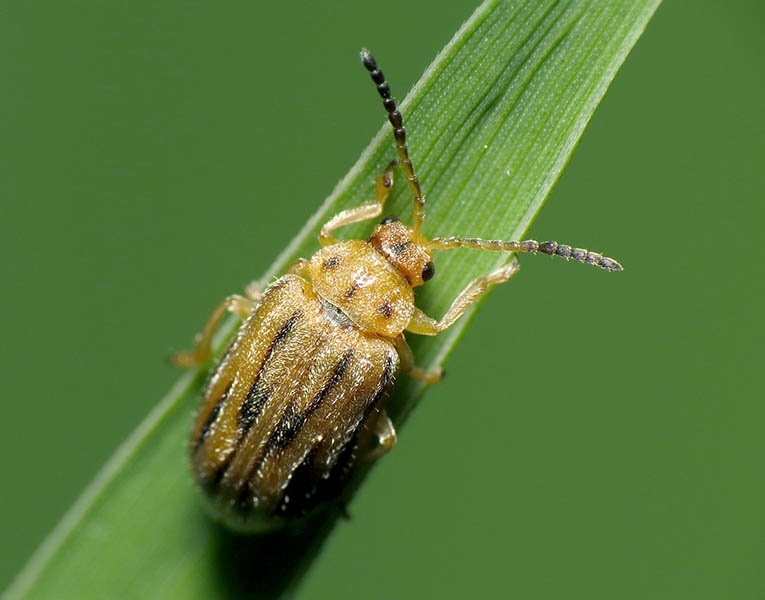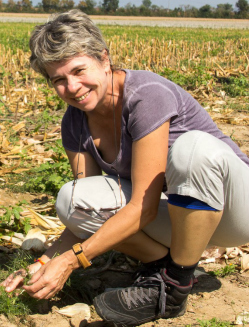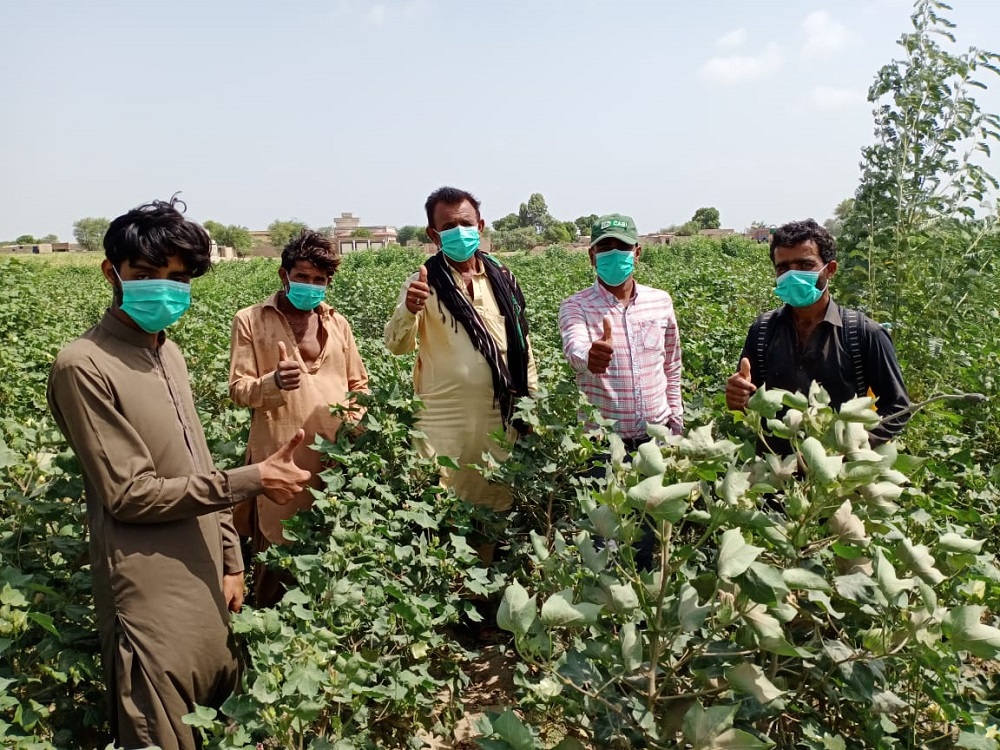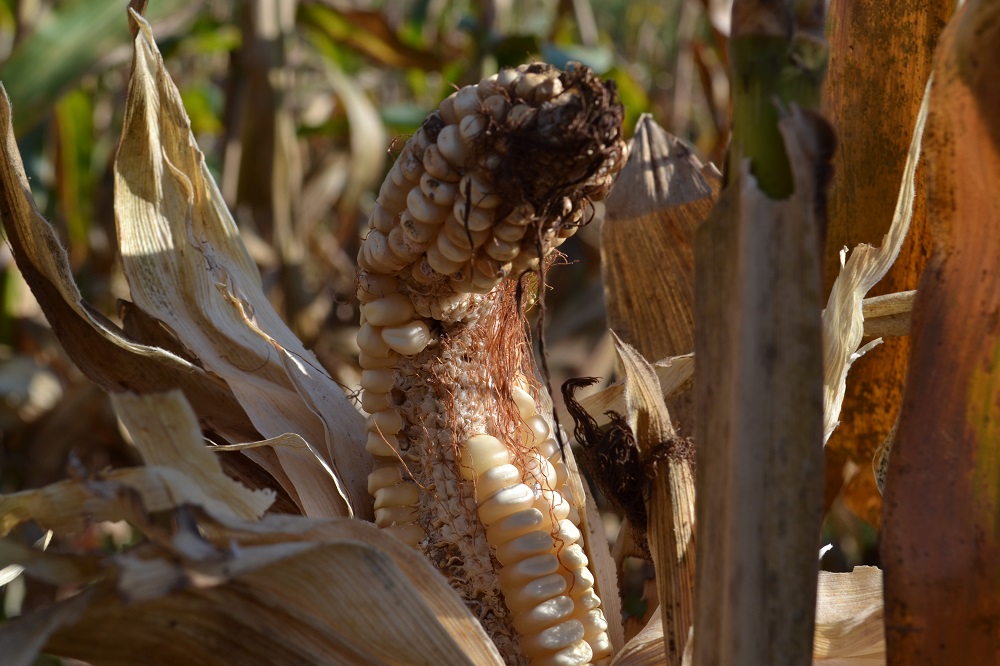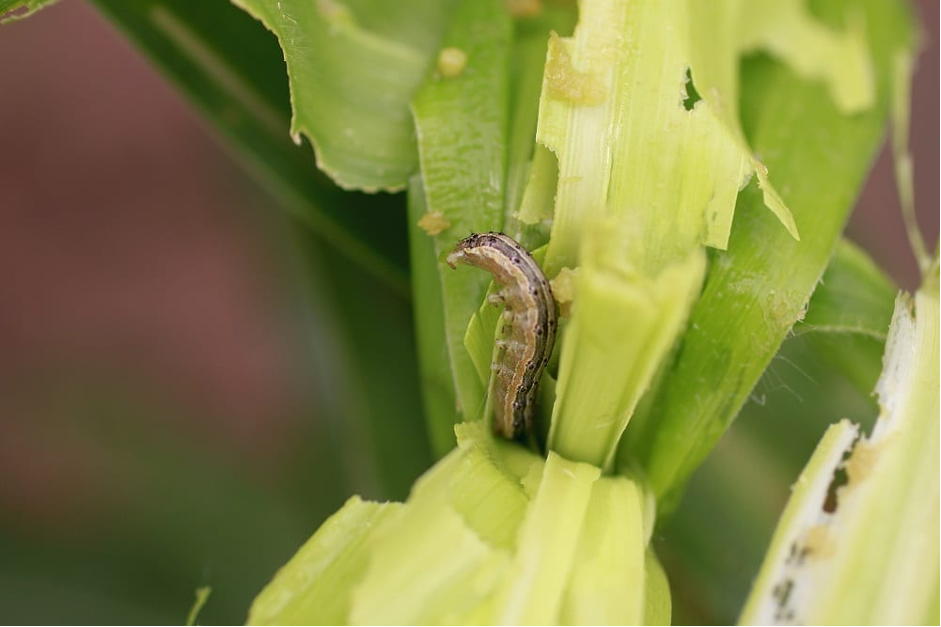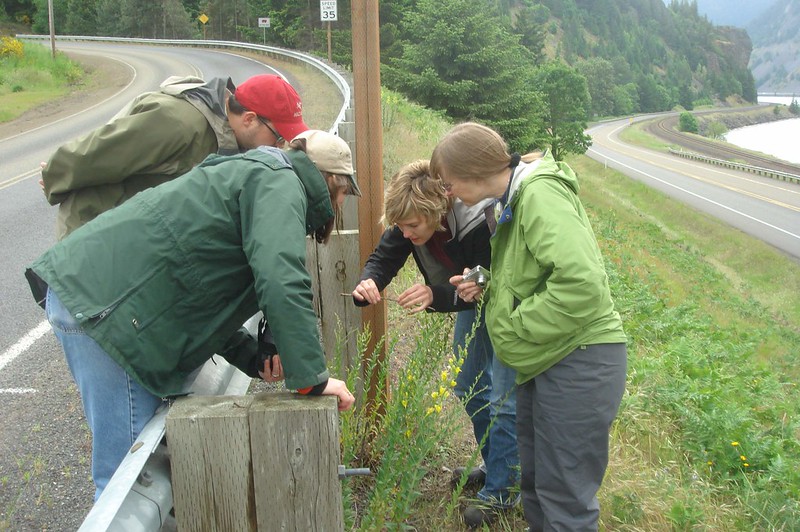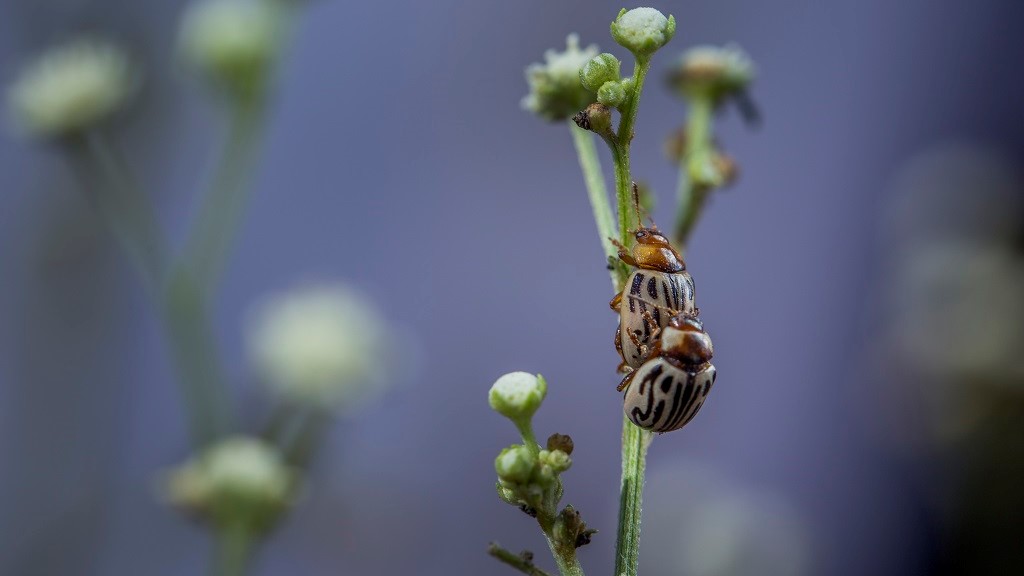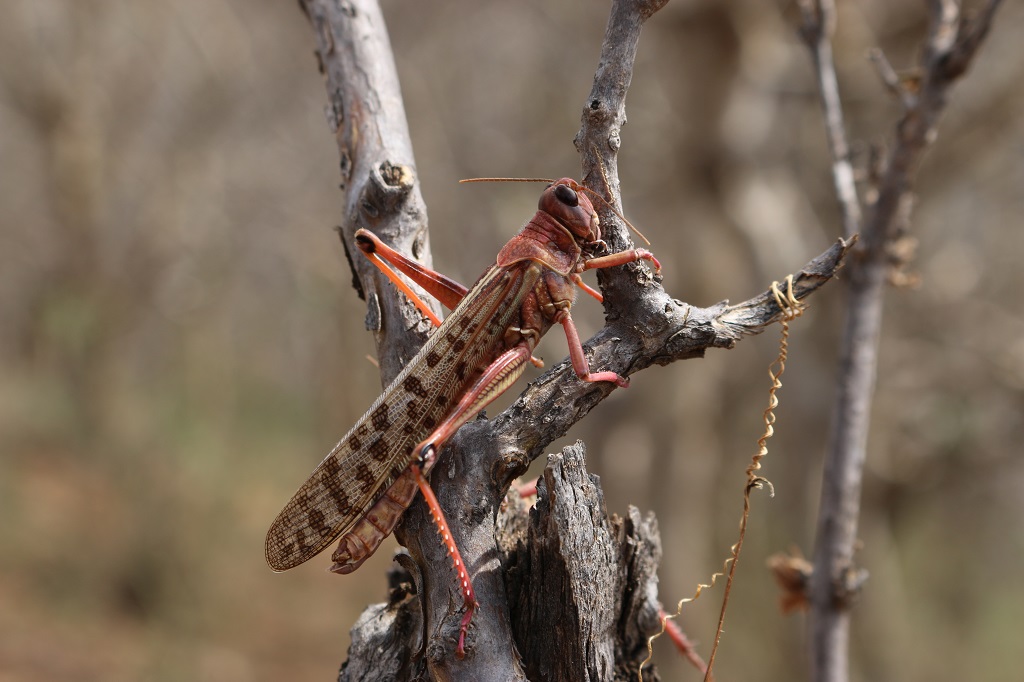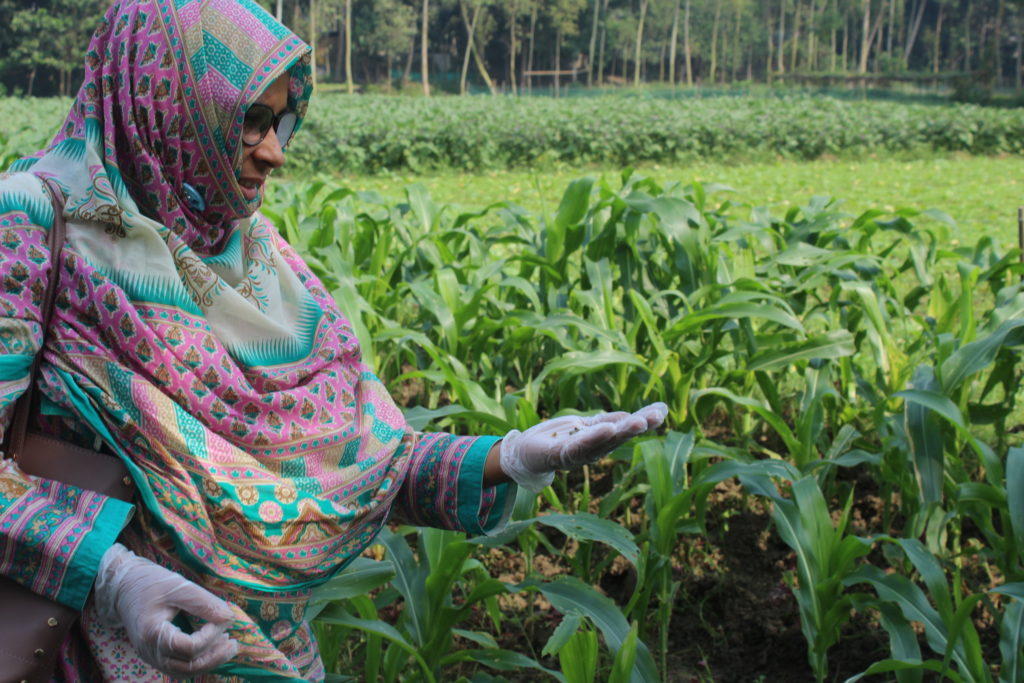Could Telenomus remus go global?
The parasitoid wasp Telenomus remus has been mass released as a biological control agent against fall armyworm (Spodoptera frugiperda) in the Americas (where the pest is native) for a number of years. However, fall armyworm is now highly invasive, found across Africa, Asia, and Australia. Can the lessons learnt from its wide use in the…
Women and girls in science: An interview with Hariet Hinz
Female scientists have the potential to play an important role in the future of agriculture, however, a significant gender gap persists, particularly in agriculture and science. Gender and youth is a key area for CABI. Constituting to Sustainable Development Goal 5, CABI’s goal is to create opportunities for women and young people in agriculture. In…
CABI and MARA scientists explore collaboration to find effective natural enemies for devastating Fall armyworm
Scientists representing the MARA China-CABI Joint Laboratory for Biosafety and MARA China-CABI European Laboratory have convened to discuss the very latest research efforts in a bid to find sustainable and effective natural enemies to fight the devastating Fall armyworm (Spodoptera frugiperda).
Busy in biocontrol: spotlight on weed researcher Jennifer Andreas
Meet Jennifer Andreas, who has collaborated with CABI on a number of biological control projects since 2000, in this profile originally published by the North American Invasive Species Management Association (NAISMA).
A plague during a pandemic: how to increase resilience against the desert locust outbreak
On 12 October, as part of a virtual side event for the World Food Prize’s annual Borlaug Dialogue, CABI hosted a panel session on A plague during a pandemic: how to increase resilience against the desert locust outbreak. The webinar aimed to communicate the urgent need for a comprehensive and coordinated response to this year’s…
Fostering collaborations for utilizing and promoting biocontrol agents to fight fall armyworm in Bangladesh
By Nirmal K. Dutta, Debasish Sarker, Manju Thakur, and Malvika Chaudhary Driven by changing climatic conditions and by increases in globalization and trade, the highly destructive pest, fall armyworm (FAW) has made its way towards Asia after invading Africa. After being reported in India in 2018, it was subsequently reported by other countries in Asia…


